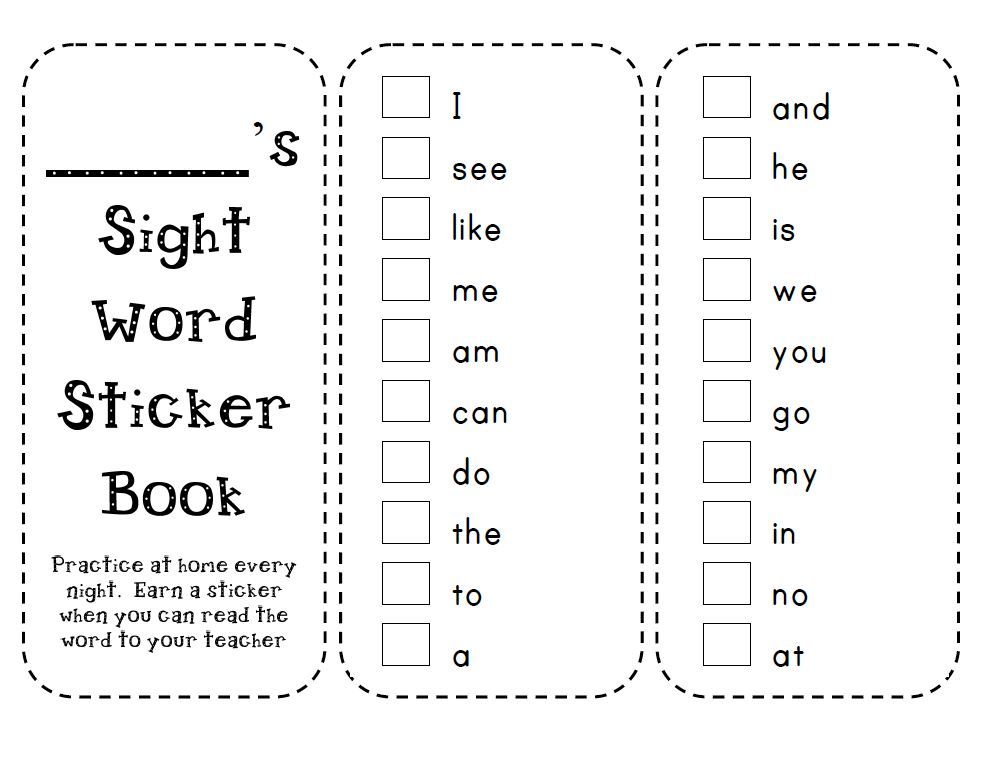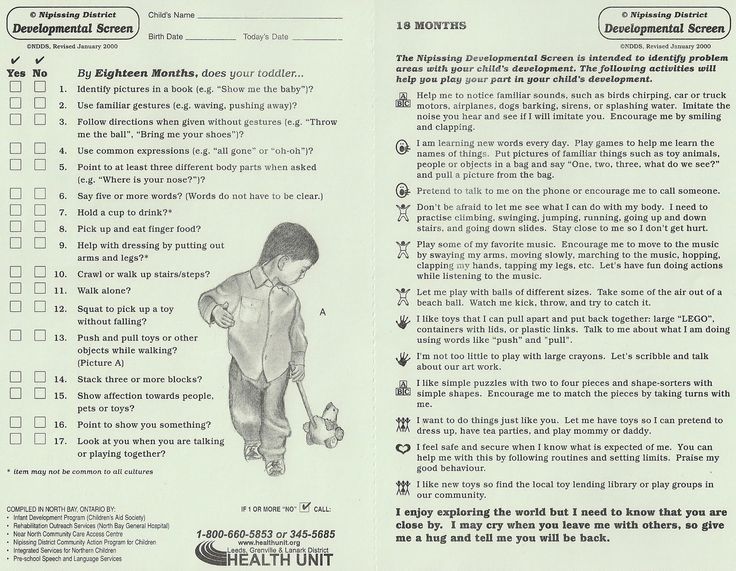How to practice sight words with your child
Easy Peasy Ways to Practice Sight Words at Home
Share
162 shares
You guys, I’m not going to lie… this working, teaching, and generally “staying at home” thing is killing me. I love teaching. It is in my blood (literally, my grandfather was a teacher and so are quite a few of my cousins!) But, homeschooling my son these past few weeks have been hard. We’ve got a great routine set up, but sometimes there’s only so many fun and engaging activities one person can come up with. That’s why when it comes to practice sight words at home… I am all about low commitment. It’s gotta be easy or it isn’t going to happen, am-I-right? So, today I’m sharing 5 different ways we’re practicing sight words at home in very easy-peasy ways.
These suggestions are for activities that can be done at home, but many can be used in the classroom. Looking for more sight word ideas? Check out this post for more classroom ideas!
Set Up for Success
Before you can dive into practicing sight words at home, you need to make sure you have a list of required sight words for your student. Many school districts post this information on their web pages. You can also contact your child’s teacher. If you’re still not sure, there are lists available from Fry and Dolch (these are the most common)
Now that you have your list, it’s time to make some flashcards. These babies are very simple to make. Index cards and a marker are all you need. You could even get a little fancier by changing the color of the marker for each list (if your list is sectioned). Then, place the lists in quart size zip baggies and place all those into a gallon-sized baggie.
But, let’s be honest… the word of the game: keep it simple.
Looking for more resources to use while distance learning? Check out this section of my Amazon Store!
Activities to Practice Sight Words with Flash Cards
Sight Word Memory
This is a personal favorite of my son. So simple… select 5-10 sight word cards. Create a double of each word. Then, mix up the cards and lay them down in neat rows and columns.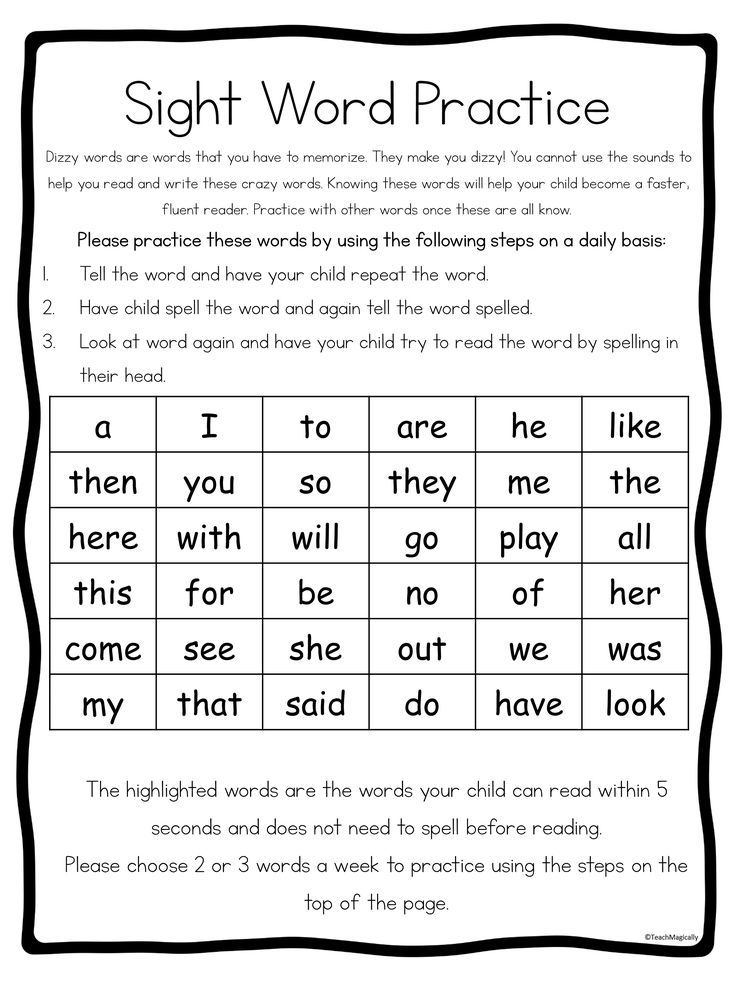 From there, taking turns, select two cards to turn over. Have your student read each word pair. If they match, they get to keep the pair. If they don’t, turn the cards back face down. Play until all cards are matched. My son loves to read all his matches at the end.
From there, taking turns, select two cards to turn over. Have your student read each word pair. If they match, they get to keep the pair. If they don’t, turn the cards back face down. Play until all cards are matched. My son loves to read all his matches at the end.
“I Spy” Sight Words
This is a fun play on the classic “I Spy” game. To complete, lay 10-15 cards down face up. Then, describe a word that’s on the card, using the words, “I spy…”. For example, for the word America, you might say, “I spy a word that begins with a capital letter A”. Play until the word is guessed. Have your child point to the word, then read the sight word and keep it if it’s correct. Play until all the cards are collected. Don’t forget to read through the cards at the end.
Sight Word Scavenger Hunt
This version of a scavenger hunt is perfect for when the littles need to get up and moving.
To play, tape up 15-20 sight words around your house. ( I like to limit it to 2-3 rooms) Then, have your child walk around and “find” the words.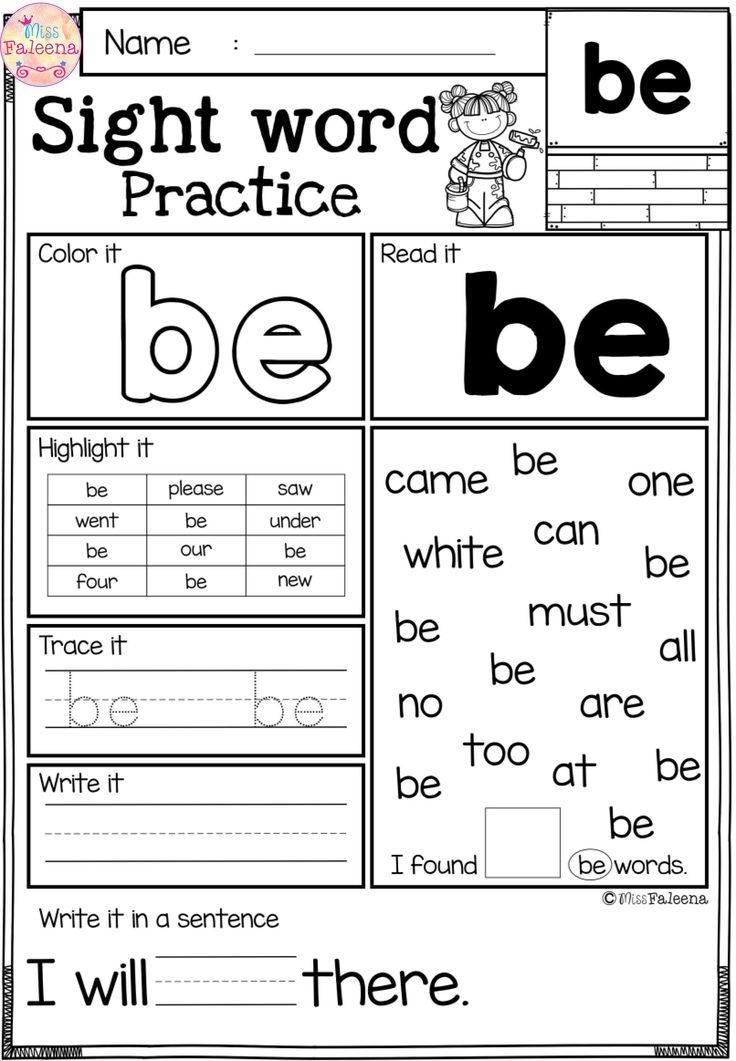 When they find them, have them say the word and collect the card. Play until all the cards are collected. Review the words at the end.
When they find them, have them say the word and collect the card. Play until all the cards are collected. Review the words at the end.
For an easy extension, have your child select 4 words and write them in a sentence on a sheet of paper or in a sight word journal.
I know sometimes pulling out the sight word flashcards can be a little much, that’s why I’m sharing a few activities you can play without actual cards.
Activities to Practice Sight Words without Flashcards
Sight Word Hunt
As students’ abilities in reading grow, they are excited to see words they “know” in text. After reading a book, have your student go on a “sight word” hunt for specific words. Once they find the word, students can read the sentence it belongs to. Alternatively, you can have students keep a tab of the words they’ve found by writing them on a sheet of paper or in a sight word journal.
Remember, this game is about finding the sight words, so it’s ok if they can’t read the book they are using on their own.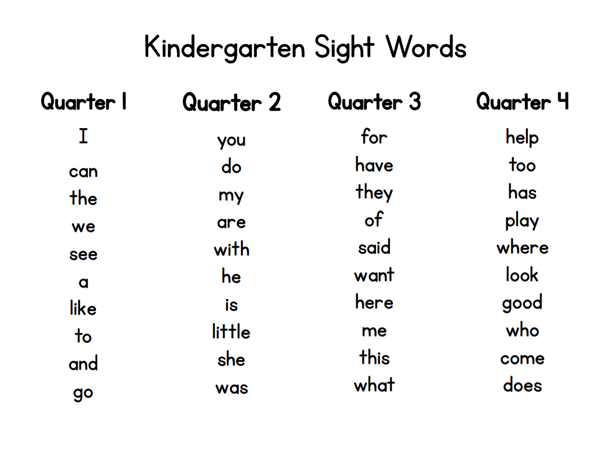 Be sure to encourage your reader as they move through. Also, keep length in mind… too long and your child will lose interest. One to two pages is probably enough or when they’ve found about 10-15 words.
Be sure to encourage your reader as they move through. Also, keep length in mind… too long and your child will lose interest. One to two pages is probably enough or when they’ve found about 10-15 words.
Read, Spell, Read, Spell, Read
This last one is a great way to not only practice sight words, but it’s also a way to help students how to spell sight words. Many sight words are not easy to “sound out”, leaving students struggling when it comes to using them in their writings. This simple strategy helps to combat that by including a letter by letter practice part.
To complete, students need a piece of paper and a pencil. Then, say the word for the student. Have them say it back, then spell the word out loud. As you spell it, the student will write it out. Then, have them read it again (swooping their finger below the word) and then spell it letter by letter again. Repeat this until it has been read and spelled three times. Continue to the next word.
This strategy is effective, but can easily be overused and tire out the learner.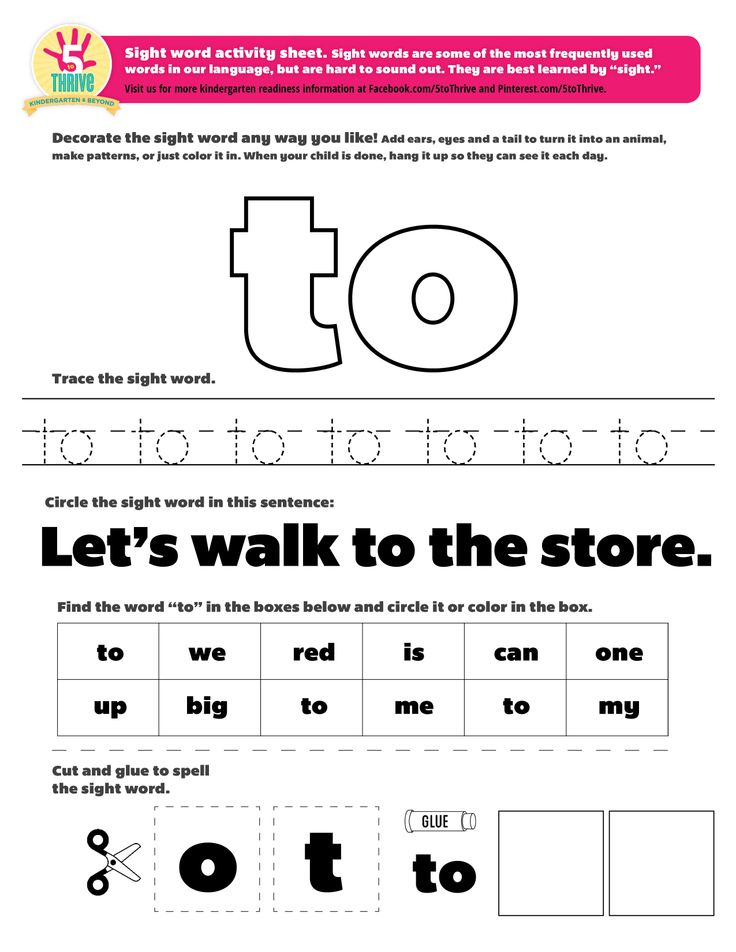 Keep this activity short with reading and saying only 3-4 sight words in a session.
Keep this activity short with reading and saying only 3-4 sight words in a session.
So those are just a few super low commitment ways you can continue the learning while staying safe at home. Sight word practice while at home is an important part of helping our learners stay on track. Do you have another activity you’d like to share? Be sure to comment below!
Other Helpful Blog Post
Looking for more helpful ideas? Check out these posts below!
- Building Sight Word Fluency the Easy-Peasy Way
- Beginning Chapter Books for 2nd Grade
- Prefix Word Study
Sign up to snag these!
Receive all these classroom management tools right to your inbox!
First Name
Email Address
We use this field to detect spam bots. If you fill this in, you will be marked as a spammer.
Powered by ConvertKitShare
162 shares
Sight Word Activities for PARENTS
in activities, ELA, homework, kindergarten, parental involvement, printables, sight words - 9 comments
Last week, after a meeting at church, I chatted with a sweet friend.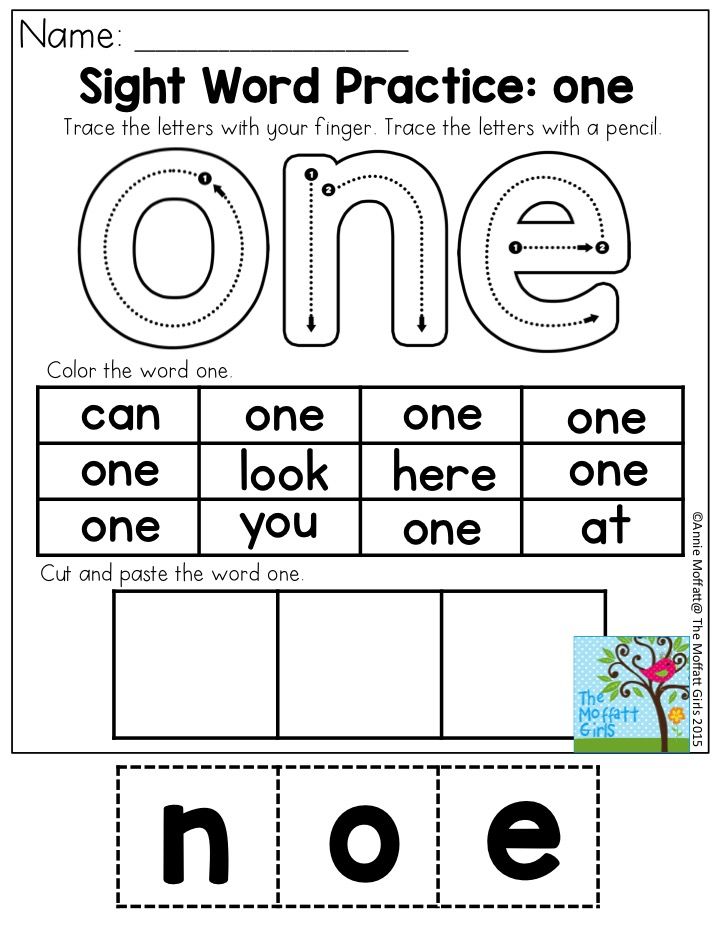 She asked me, "Liz- what in the world are SIGHT WORDS, and do you have any ideas for how my daughter and I can practice them at home?" (Her cutie had just started Kindergarten...) Before long, a few other Moms joined in on the conversation, and I knew right away I wanted to write a blog post sharing EASY and FUN sight word activities that parents can do at home with their kiddos.
She asked me, "Liz- what in the world are SIGHT WORDS, and do you have any ideas for how my daughter and I can practice them at home?" (Her cutie had just started Kindergarten...) Before long, a few other Moms joined in on the conversation, and I knew right away I wanted to write a blog post sharing EASY and FUN sight word activities that parents can do at home with their kiddos.
Just as parents help their child study for a weekly spelling test, they can also help their child read and review their weekly sight words. This blog post is filled with ideas for PARENTS to help their children practice and review their sight words at home to compliment what the teacher is doing at school.
Sight word activities at home should be...
1. Tactile/Hands On
2. Games/FUN
3. Visual
You want your child to have an opportunity to build, touch, and experience the sight words so that his or her brain can make a connection between the letters and the word itself. It's all about exposure, repetition, and practice.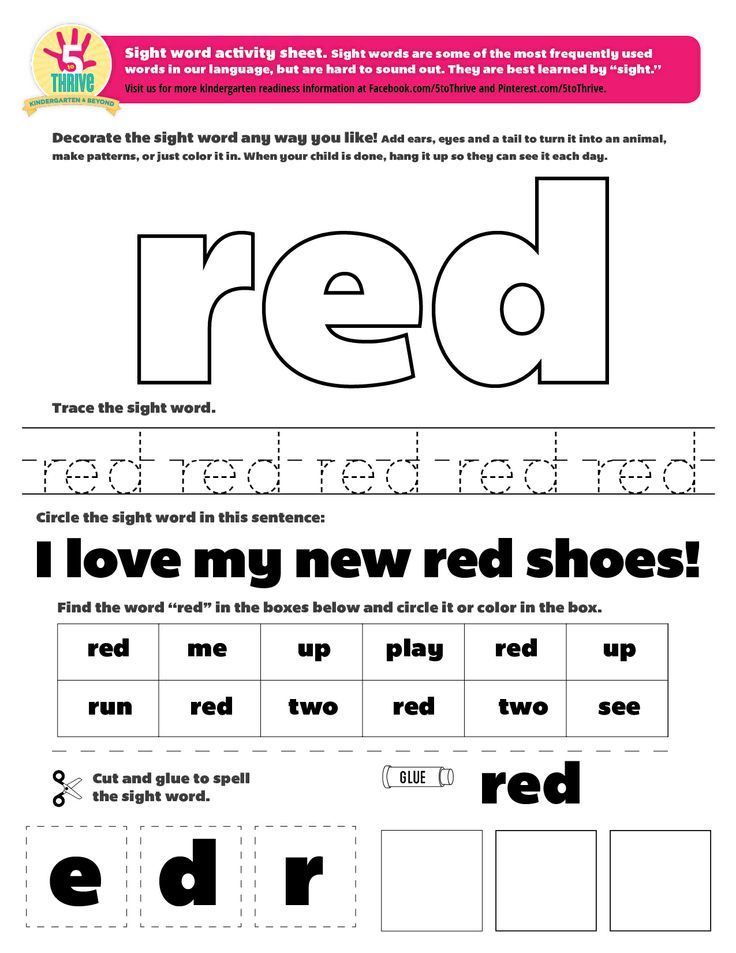
1. Glitter Sight Word Flip Books
(This video explains how to make them.)
2. Whipped Cream/Shaving Cream Writing
Spray some whipped cream or shaving cream on the counter or table. Have your child spread it out and then practice writing his sight words. Provide a flashcard or list for reference. It's all about practice, repetition, and exposure to the words. Don't worry if your child needs to look at the word list.
3. Sand/Sugar letters
Get a school supply box or cookie sheet with edges and fill it with play sand or granulated sugar. Have your child practice writing sight words in the sand with his or her finger. It's all about the touch! *Hint: You do not need very much sand!*
4. PlayDoh
Flatten a piece of play doh and use a toothpick or skewer to write sight words in the PlayDoh. Kiddos can also form long snakes with the PlayDoh and then build the words with PlayDoh.
5. Build the Word
Build the word using magnetic letters, cut up pool noodle pieces, alphabet cereal, or with yummy items from the pantry!
Brynn had a blast with this pool noodle sight word activity.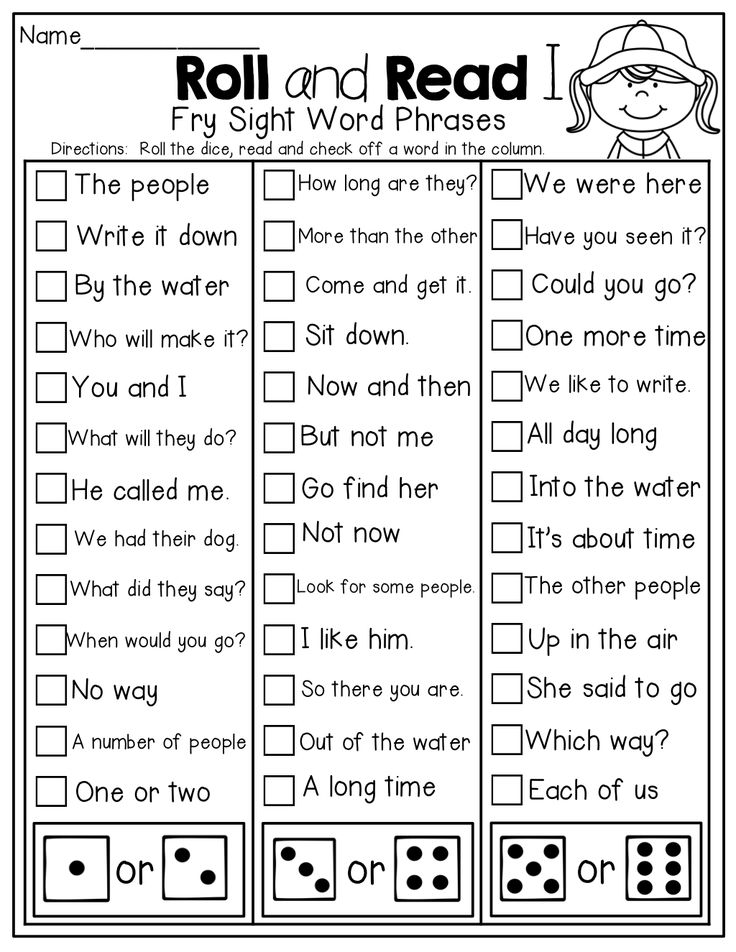 Such a cutie.
Such a cutie.
Find out more about the pool noodle sight words.
PULL AND PEEL TWIZZLERS
They are so easy to bend and shape. So much easier and less messy than PlayDoh. Delicious too! :)
Sight Word Snacks: Pull and Peel Twizzlers, pretzel sticks, raisins, chocolate chips, spaghetti noodles, Cheerios, Cheez-It letters, animal cracker letters, string cheese...
6. Go Fish
Make a set of playing cards with index cards using the words of the week or the words your child needs to review. (2-4 per word) Deal the same number of cards to each player and then leave a "Go Fish" pile in the middle.
7. Memory
Make a set of playing cards using the words of the week. (Two per word) Place all of the cards upside down. Each player flips over two cards and reads the words aloud. If the words match, the player keeps the pair. The player with the most matches wins. *If you child has A LOT of words to learn, start with just a few and then add more to the memory game as they become more comfortable with the words.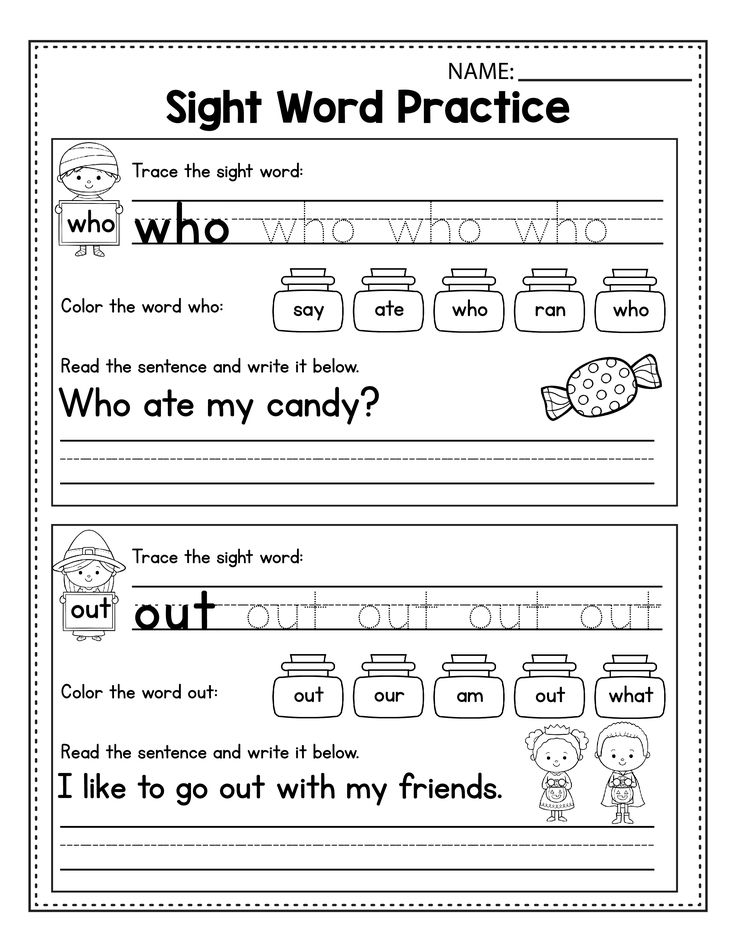 Your child will be extremely frustrated if they have 20 cards in the game and they can't read any of them, so start simple.*
Your child will be extremely frustrated if they have 20 cards in the game and they can't read any of them, so start simple.*
8. Hopscotch
Grab some chalk and make a hopscotch board in your driveway. Fill in the week's sight words, and have your child hop across while practicing the words. While you are outside enjoying the weather, let your child decorate the sidewalk or driveway with all of his or her sight words.
9. Hide & Seek Sight Words
Write the weekly sight words on sticky notes. When your child is not looking, hide the words all over the house! After you hide the words, let your child loose to go find all of the hidden words. For extra practice, your child can write the words after he or she finds them. This game is so easy and endless fun!
Tip: Collect found words on a clipboard.
10. Printable Board Games
I love this editable game from Playdough to Plato. It's FREE! I love that you can type in the words that you want on the game board.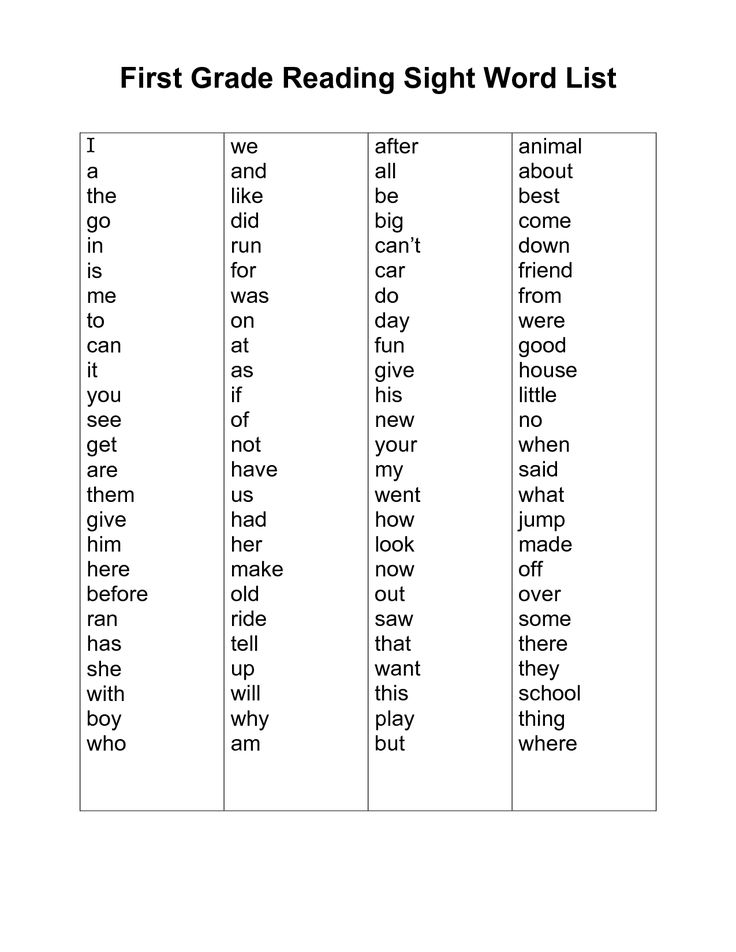 So cute and fun for practicing new sight words. (If you don't have a TpT account, you will need to sign up to download the freebie.)
So cute and fun for practicing new sight words. (If you don't have a TpT account, you will need to sign up to download the freebie.)
11. SWAT Game
Write all of the weekly sight words on index cards. Grab a fly swatter. Yes, a fly swatter. :) Call out one of the words. As quickly as possible, your child SWATS the word with the fly swatter. Silly fun! If your child is struggling with ALL of the words, just start with 2-3words. Add a few more words as they become more familiar with the words.
12. Sight Word Password
Kids love secret passwords. Use this love of passwords to help learn sight words. Pick the trickiest word of the week and make that the "password." Write it on a big piece of construction paper and post it somewhere in your house that gets a lot of traffic (i.e. the bathroom, the fridge, the pantry...). To enter the pantry, everyone in the family must read the password. Hearing Mom, Dad, and older sister say the "password," as well as looking at it and making a connection with it throughout the week will help your child remember it as well. Remember, it's about exposure, repetition, and practice.
Hearing Mom, Dad, and older sister say the "password," as well as looking at it and making a connection with it throughout the week will help your child remember it as well. Remember, it's about exposure, repetition, and practice.
If you are a teacher, please feel free to share the link to this blog post with parents in a weekly e-mail, class newsletter, during Parent Teacher Conferences, etc. Please e-mail me at [email protected] if you have any questions.
If you would like to download the sight word cards I used, visit my TpT store.
How to increase a child's vocabulary
At the age of four or five, children, as a rule, already express their thoughts perfectly, but they often lack words. How to support the development of a child's speech and increase his vocabulary?
A common problem for a modern child is a lack of words. It seems that a thought has formed in his head, and he remembers what he read about, but to tell ... “They were sitting at home like that, and their parents left.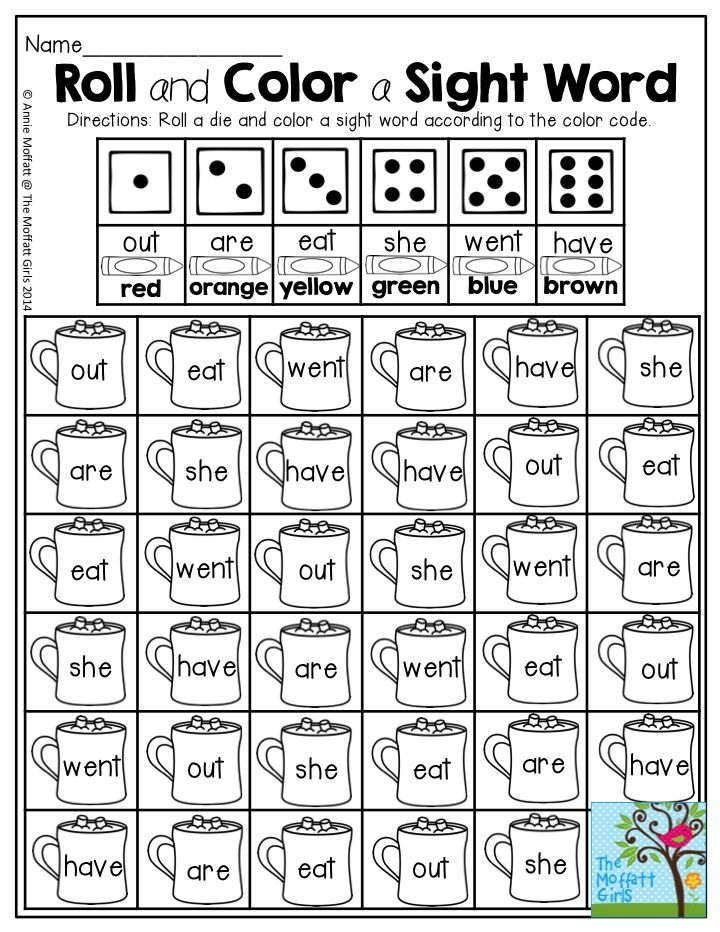 And then... they played this, I don't remember, with barrels. Well... And they all got one, and he left. Then everyone fell asleep,” Vasily, a recently familiar third-grader, was tormented with a retelling of A.P. Chekhov’s four-page story “Children”. Life became easier when Vasily, on the advice of his older brother, drew up a detailed plan, wrote down key words, found out the incomprehensible - what is "cheating", "tot", "self-interest", "self-love" and absolutely alien "bonbonniere". By the way, there were forty percent of unfamiliar words in the text.
And then... they played this, I don't remember, with barrels. Well... And they all got one, and he left. Then everyone fell asleep,” Vasily, a recently familiar third-grader, was tormented with a retelling of A.P. Chekhov’s four-page story “Children”. Life became easier when Vasily, on the advice of his older brother, drew up a detailed plan, wrote down key words, found out the incomprehensible - what is "cheating", "tot", "self-interest", "self-love" and absolutely alien "bonbonniere". By the way, there were forty percent of unfamiliar words in the text.
Yes, our children read less than we do at their age. But even with this in mind, the parental duty is to develop the speech of a preschooler or schoolchild, to provide a vocabulary with which he will be comfortable under any circumstances. Here are some simple rules for developing speech. The main thing here is regularity!
Talk more. Discuss everything that is interesting to the child, use every opportunity to communicate - in the car, on a walk, at home at dinner.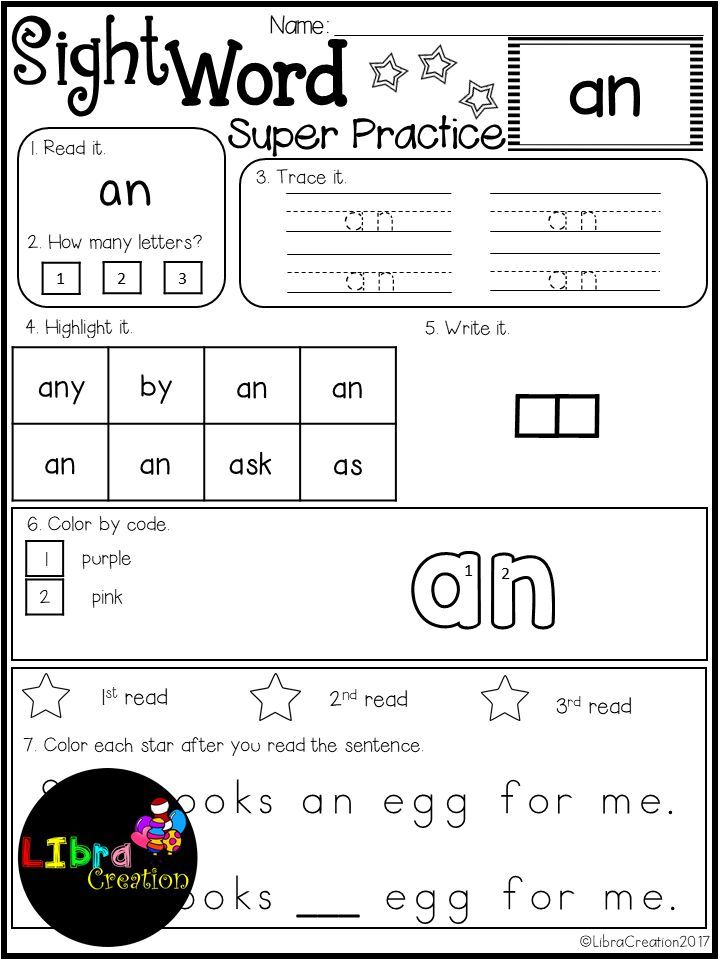 Ask how your day went, discuss a book or a movie, listen to the future erudite's plans for the weekend. In your speech, try to use as many different words as possible, do not spare time to explain their meaning.
Ask how your day went, discuss a book or a movie, listen to the future erudite's plans for the weekend. In your speech, try to use as many different words as possible, do not spare time to explain their meaning.
Read what your child is interested in. Interested in the railroad? So it's about trains. Knows the names of all brands of cars - read the encyclopedia about the history of cars. For princesses, too, there is something to think about. Encourage any interest, craving for knowledge and you will be rewarded!
Memorize poetry. This can be done both on the road and in the car. You can sing the lines you especially like, alternate - the line you, the line - the child. It's always fun with mom or dad! - this is our parental motto.
Play word games. For example, some of the simplest and most versatile.
Words
Yes, those are the ones. We played cities and words all our childhood, so continue the tradition.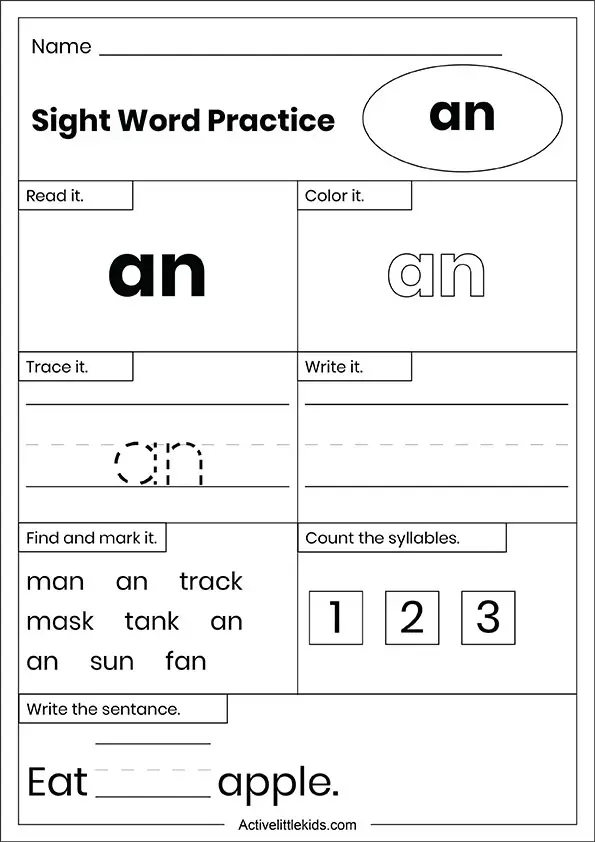 The rules are known - the next participant calls the word with the last letter of the word of the previous one. Again, use new words for the child and explain them.
The rules are known - the next participant calls the word with the last letter of the word of the previous one. Again, use new words for the child and explain them.
"Shifters"
Also elementary, but effective. Antonyms: hot-cold, useful, harmful, beautiful-terrible, slender-fat, and so on. You can play at speed, come up with a prize, add participants.
Scrabble
Everyone knows the game, only in oral form. Name the letters in turn, the main thing is that the word does not end with you: otherwise, get under the table and crow like a loser.
Scrabble
It's also simple. The winner is the one who comes up with more words with the same meaning. You can name a synonym and several phrases with it - so the child will learn to understand the semantic nuances. The second version of this game is to get as many adjectives for any noun from memory as possible.
Each parent himself can come up with many such games. According to recent studies, those who are now 30-50 years old understand the meaning of about 32 thousand words.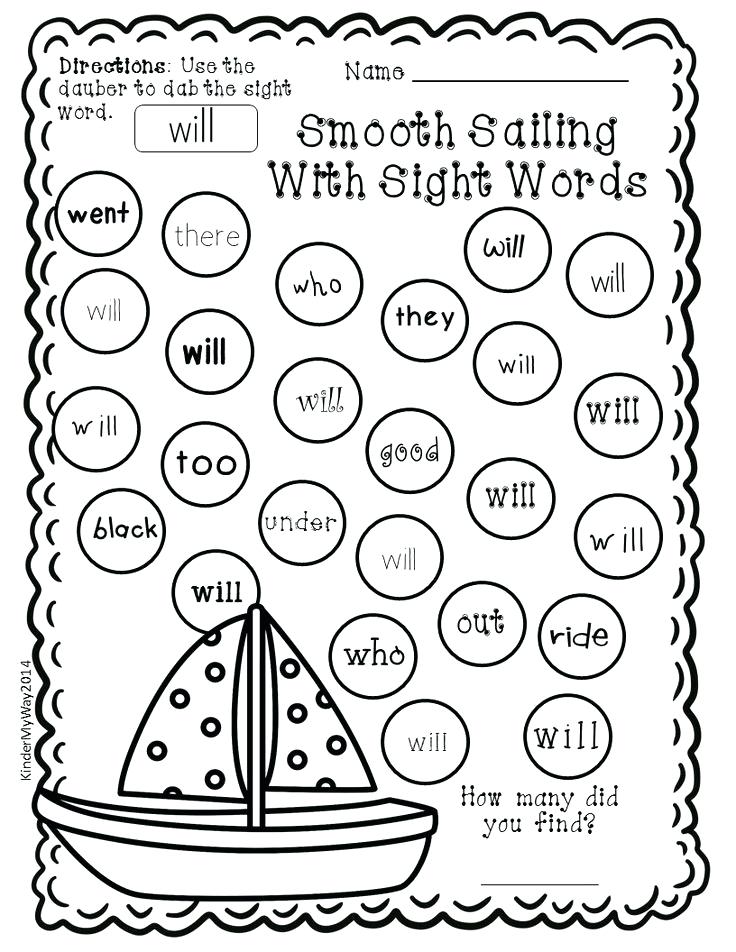 This solid figure is largely the merit of our parents. We hold on to this high bar with our children.
This solid figure is largely the merit of our parents. We hold on to this high bar with our children.
Read also:
- How to choose a speech therapist for a child
- 30 best exercises for developing diction
- How to discourage a child from reading. 5 mistakes moms and dads
Photo: Shutterstock
development
5 vocabulary exercises
What a pleasure it is to listen to eloquent and competent speech when a person knows how to choose the right words and accurately describe his thought. And illiterate, “poor” speech, which is quite difficult to understand, cuts the ear just as much. It is a large vocabulary that is a sign of intellectual development and can help you in learning, working or speaking in front of a large audience.
Before proceeding to the study of exercises to increase vocabulary, let's look at the types of vocabulary:
- Active vocabulary. These are the words that we use in everyday life when communicating with friends, family, colleagues.
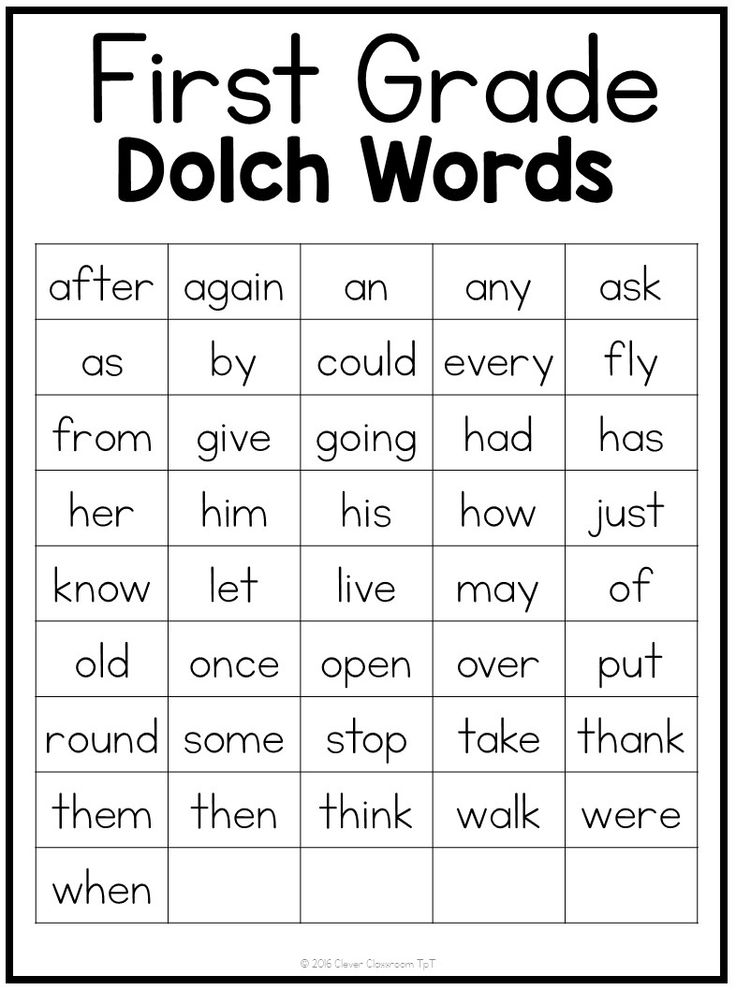 When writing letters, SMS in chat, social networks. When we speak, we do not think about the words and do not put effort into constructing sentences.
When writing letters, SMS in chat, social networks. When we speak, we do not think about the words and do not put effort into constructing sentences. - Passive vocabulary. These are words that we know, but do not use in conversation. As a rule, the passive reserve can be 2-3 times greater than the active one. On occasion, we can search in our head and find the right words, but we do this very rarely.
- External vocabulary. These are words we don't know. Usually these are specific words from the professional field of activity.
It is rather difficult to set clear boundaries in the vocabulary. Children's vocabulary can average 1000 words, adults have 10 times more. Erudite people who are constantly engaged in self-development, read a lot of books and constantly study, have a vocabulary of up to 50,000 words. Therefore, we have selected such universal exercises to expand the active vocabulary that schoolchildren, students or specialists can perform.
- Alphabet exercise.
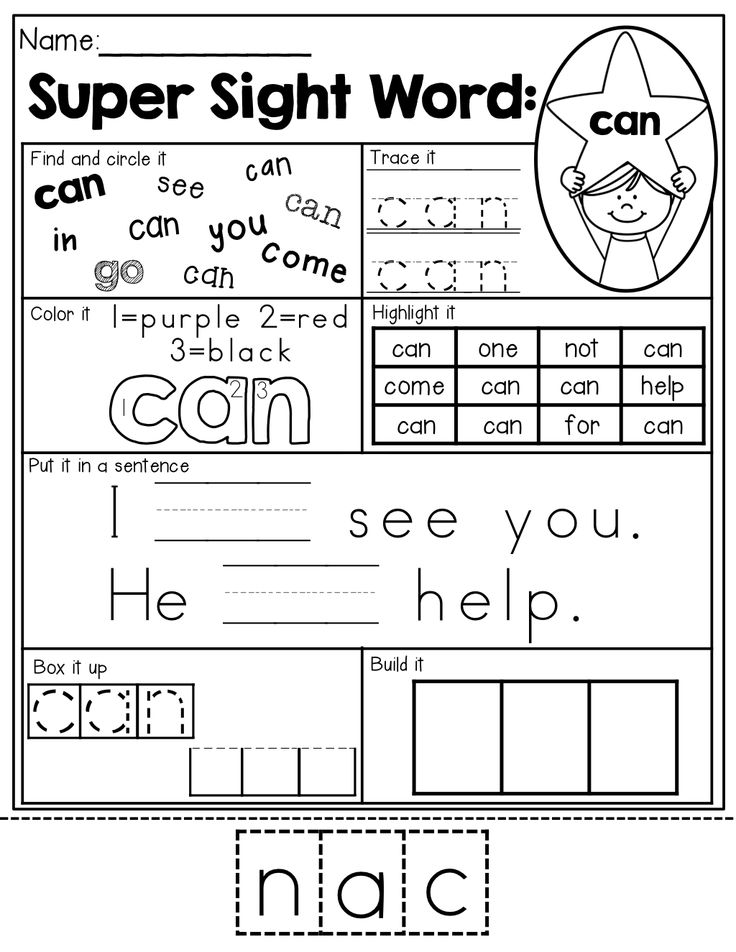 You need to come up with a sentence in which all words will begin with the next letter of the alphabet. Example: "Alina runs in the thick of trees." Try to make long sentences using words from A to Z.
You need to come up with a sentence in which all words will begin with the next letter of the alphabet. Example: "Alina runs in the thick of trees." Try to make long sentences using words from A to Z. - Noun exercise. Make up a story and tell it using only nouns. "Morning. Water. Walk. Dog. Tea. Breakfast. Underground. Job. Meeting. Tasks. Dinner."
- Exercise "Verbs". Repeat the previous exercise, only using verbs instead of nouns.
- Exercise "Adjectives and adverbs". Also invent a story, just voice it now with the help of adjectives and adverbs.
- Exercise "Monophone". Remember all the words that start with the letter A and come up with a sentence with them, keeping the meaning. And do this with all the letters in the alphabet.
These exercises will be difficult to complete at first, so don't give up too soon. Each time, it will be easier for you to come up with stories and look for the right words. You will find even more useful information on the website "Russia - the land of opportunities".